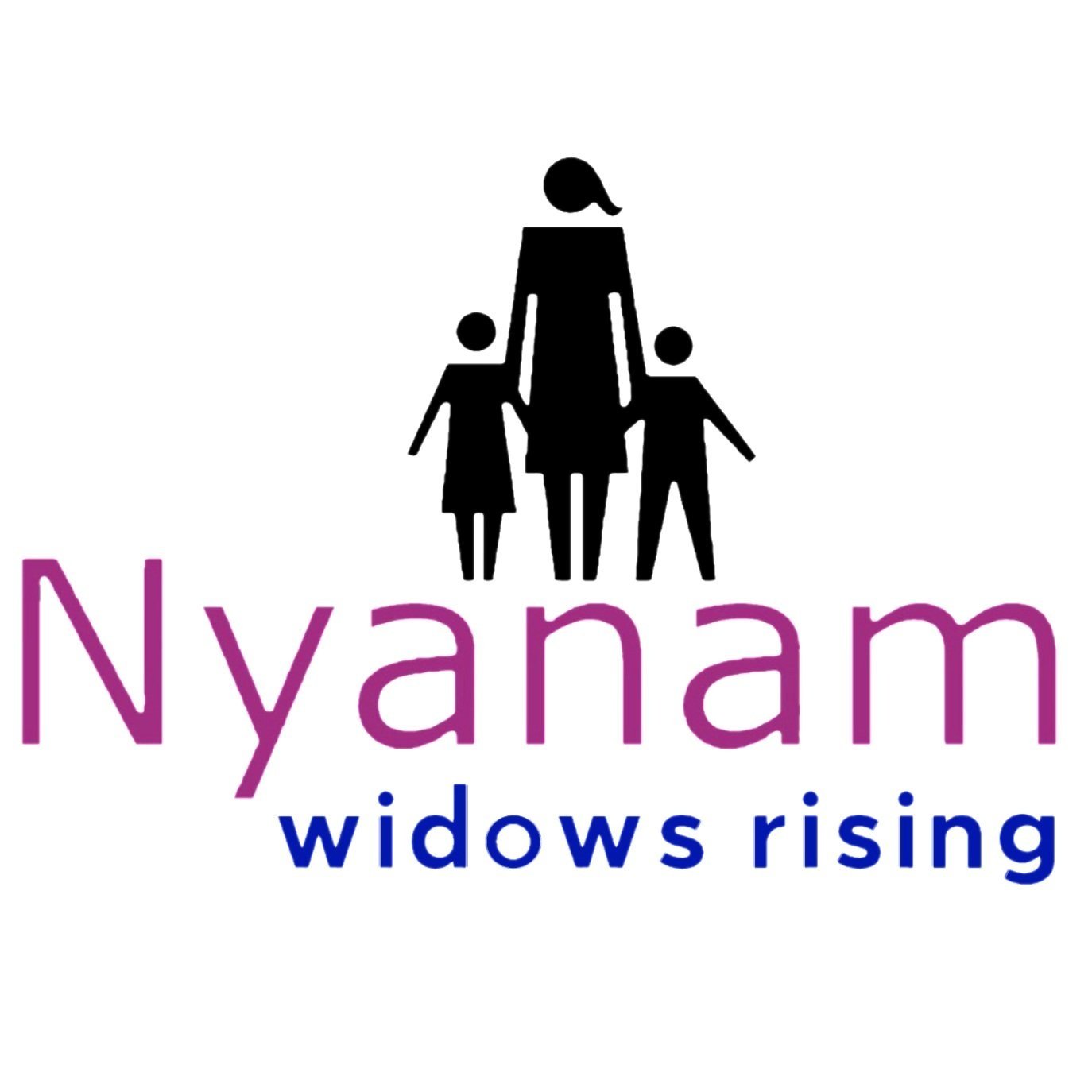Why Widows
There are about 258 million widows globally, and in Kenya there are an estimated 8 million widows who comprise 15% of the total population. Despite being a prominent proportion of the country’s population, widows were not at all mentioned in the National Census Report of Kenya until 2019. These women remain invisible in the eyes of many policymakers, yet they have the most to gain from social and political support. Since marriage remains the primary basis by which women access social and economic rights in Kenya and much of Africa, Nyanam aims to amplify the voices of the many women who lose this stability and authority as a result of their widowhood.
In Africa, one in ten women above the age of 14 is widowed, with widows making up nearly 12% of marital age females in Kenya. As a result of their disadvantaged social position, widows are vulnerable to many socioeconomic and health issues. Sexually exploitative practices are commonly experienced by Kenyan widows, including sexual “cleansing” in which they are forced to have sex with a relative before numerous activities such as building a house; and widow inheritance, the forced re-marriage to a brother of the deceased husband. These practices are not only emotionally and psychologically harmful, but they also often put the widows at risk for contracting HIV/AIDS. According to Nyanam’s reports, 1 in 5 widows from the Lake Victoria region in Western Kenya is HIV positive.
Through no fault of their own, widows are socially stigmatized and deprived of respect and humanity. Yet, as a community, these women have great responsibilities; 7 in 10 African widows are the heads of their families. These women are important community members and despite the challenges, they display powerful resilience and strength. The inception of Nyanam came as a result of a widow in Kisumu county advocating for more social support aimed at the needs of women like her. Widows want to change the cultural norms and practices that hinder their ability to live their full potential, and Nyanam is dedicated to helping them realize these goals.
Sectors of Widowhood Struggles
Socioeconomic Immobility
Socioeconomic challenges and barriers limit the future of widows and their children, and nearly 1 in 7 widows live in extreme poverty (below $1.25 per day). Widows in Africa particularly often have no rights to ownership of their husband’s property. In many cases, widows may endure “property grabbing” or eviction from their homes, and the land may be claimed by their late husband’s male family members. With the loss of home ownership and land the widows are limited in their ability to grow food, take care of their children, and maintain their livelihood.
Social Isolation
Widows face social stigmas in their communities and can be considered impure, assumed to carry omens of death, and can be subjected to “sexual cleansing” to remove impurities ascribed after a husband’s passing. Many experience loneliness, isolation, neglect, and even rejection from their relatives. In the face of these stigmas and ostracization, widows are often socially othered and are not only invisible to their local and global communities, but to each other. One of Nyanam’s widows Grace once noted that until engaging with Nyanam’s leadership circles she had never been with a group of widows: “I am an 84 year old widow, and this is the first time ever, I have been in a meeting of widows.”
Health Issues
In the Lake Victoria region where Nyanam operates, HIV prevalence is 20% and almost three times higher than in neighboring inland communities. As a result of cultural and economic practices including sexual cleansing, widow inheritance, and ‘sex for fish’ widows are at a higher risk of acquiting HIV. The practice of sexual cleansing subjects women who are considered “unclean” when their husbands die to have sex with a brother or male relative of the husband before engaging in activities such as building a house. Widows are also subject to chronic poor health as a result of inadequate nutrition, housing, lack of clean water, and trouble accessing healthcare in rural Kenya. The daughters of widows are also vulnerable to transactional sex which leads to teenage pregnancies, early marriages and increased rates of HIV. In addition, the sons of widows are more likely to abuse drugs and in many cases drop out of school.
Illiteracy
The challenges widows face are further exacerbated by illiteracy and a lack of education and training. Illiteracy denies widows employment opportunities and increases their exploitation in legal and official processes. Among the widows we serve in the Lake region, 9 out of 10 are illiterate in their national languages. Some widows have lost their wealth by signing off on paperwork they did not understand. This cycle of educational challenges is often cyclical as widows have difficulties paying school fees for their daughters which prompts further economic and social insecurity.
